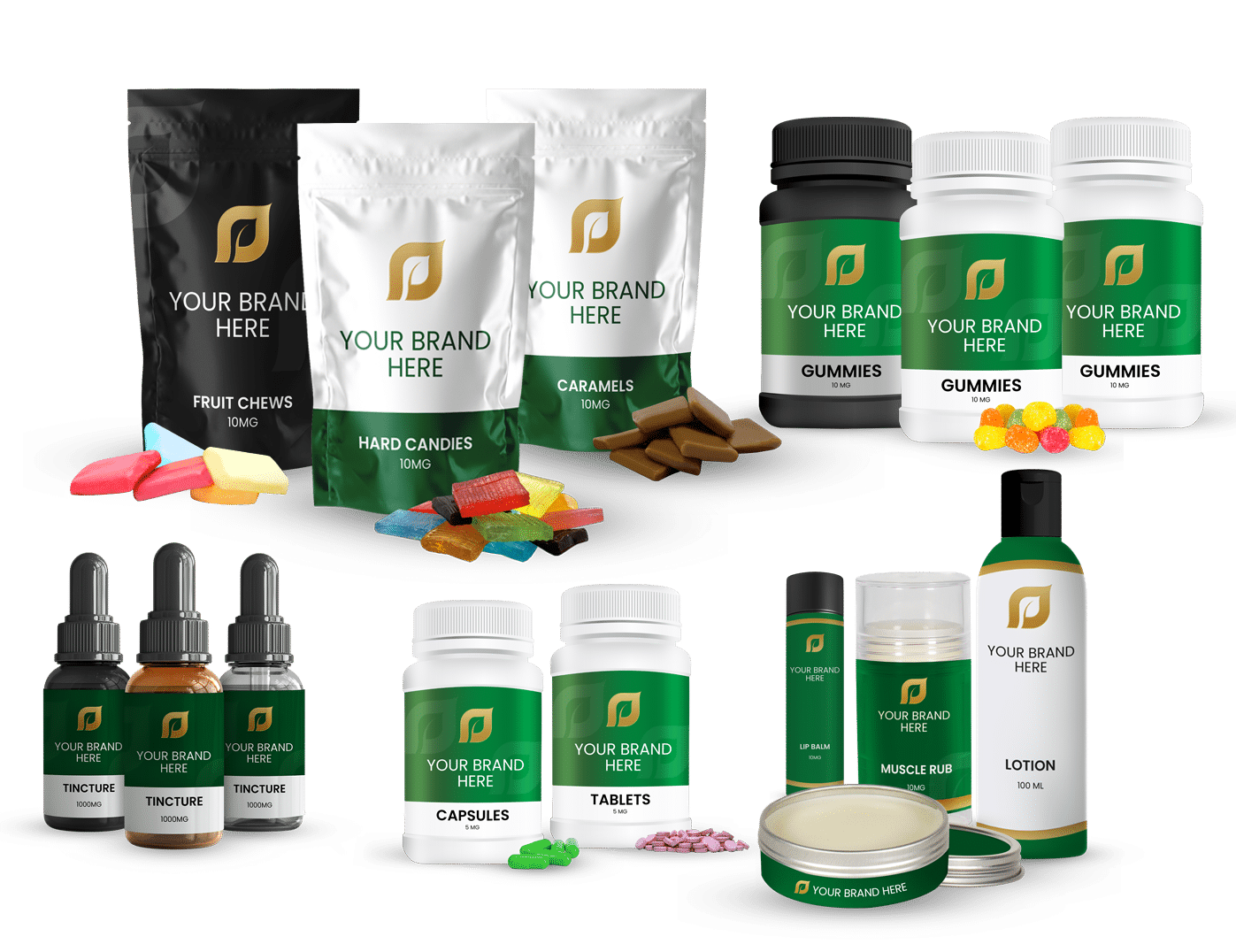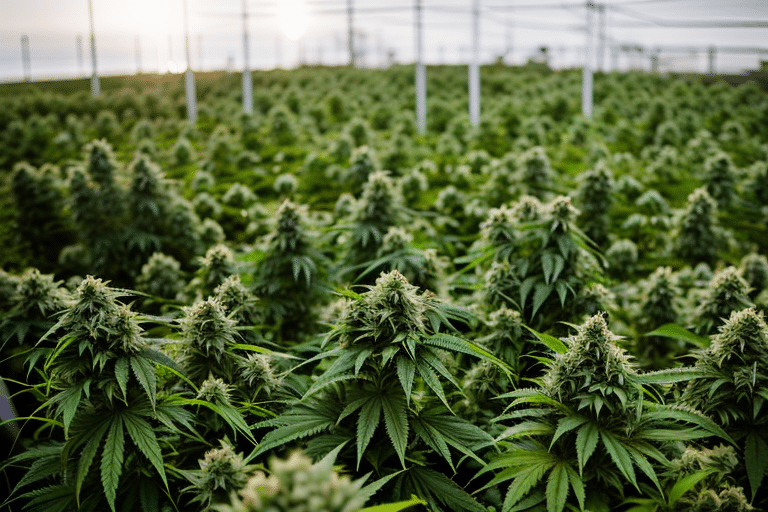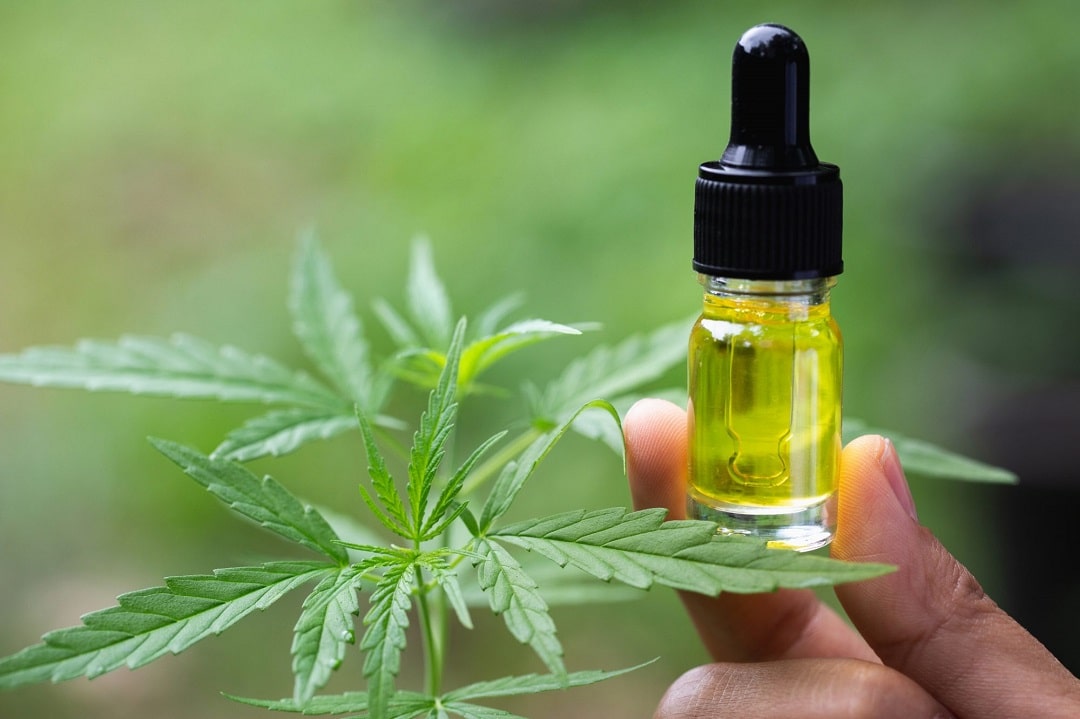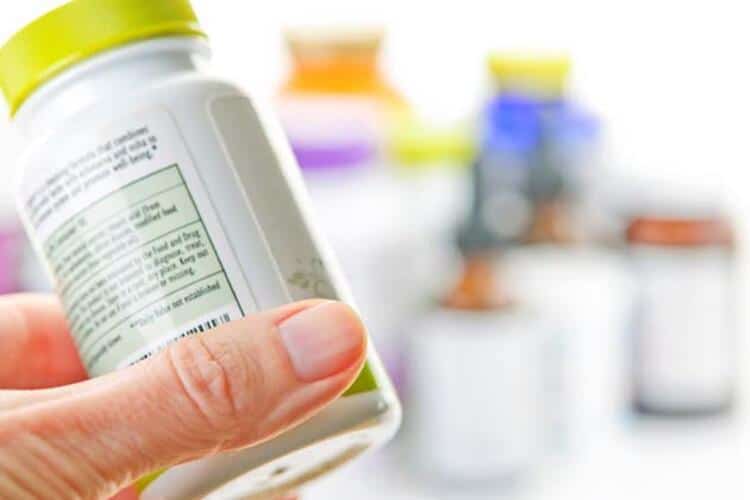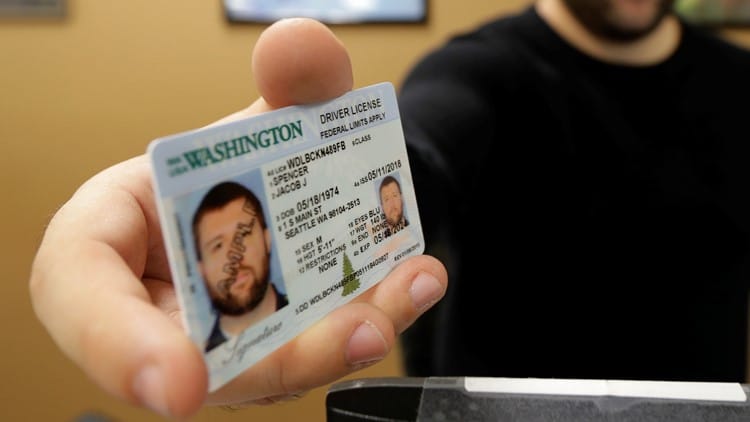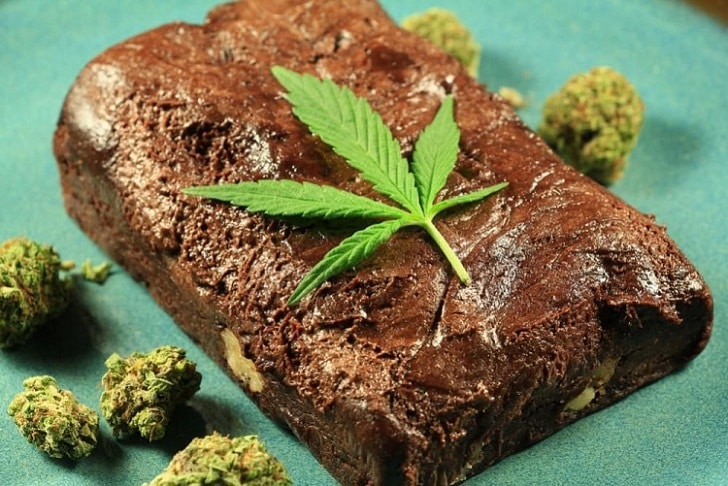The USDA’s recent release of regulations for hemp production has many people asking whether they need a license to sell products containing delta-8-THC. Delta-8 is a cannabinoid found in hemp plants, and while it is similar to delta-9-THC (the most psychoactive ingredient in marijuana), it is not subject to the same legal restrictions.
However, that does not mean that delta-8 products can be sold without any regulations. States may have their own laws governing the sale of delta-8 products, and manufacturers must take precautions to ensure that their products meet quality standards.
The best way to ensure compliance with all applicable laws and regulations is to work with a reputable delta-8 supplier. A reputable supplier will have a deep understanding of the legal landscape and will be able to help you navigate the often-complex web of rules and regulations.
Table of Contents
ToggleWhat Is Delta-8 THC?
Delta-8 THC is one of the many cannabinoids found in the cannabis plant. Unlike delta-9 THC, the most well-known cannabinoid, delta-8 THC is only found in trace amounts in most cannabis strains. However, manufacturers are now synthesizing it from legal hemp CBD.
Delta-8 THC produces a high that is similar to the high caused by delta-9 THC, but it is not as intense. Some people report feeling more relaxed and euphoric when they use delta-8 THC. Delta-8 THC is also said to provide pain relief and help with anxiety.
Is Delta-8 Legal?
The short answer is yes, Delta-8 is legal in the United States. However, the long answer is a bit more complicated.
Delta-8 is a cannabinoid that is found in hemp plants. It is similar to Delta-9-THC, the active ingredient in marijuana, but it is not as psychoactive.
The Hemp Farming Act of 2018 legalized hemp and all cannabinoids derived from hemp, including Delta-8. However, the law specifically exempts Delta-9-THC from this legalization.
Delta-8 is considered an isomer of Delta-9-THC and is therefore subject to the Controlled Substances Act. However, there are a few exceptions to this rule. Delta-8 is legal to possess if it is derived from hemp plants with a Delta-9-THC content of 0.3% or less. This is in line with the definition of hemp set forth in the 2018 Farm Bill.
It is important to note that Delta-8 is not considered a synthetic cannabinoid like K2 or Spice. This is because Delta-8 occurs naturally in hemp plants.
Marinol is the only synthetic cannabinoid that is legal to possess as long as one has a prescription. Marinol is used to treat nausea and vomiting in cancer patients undergoing chemotherapy.
The USDA has not yet released regulations for the licensing, manufacturing, or testing of Delta-8 products. However, the agency has said that it is working on a rulemaking process that will address these issues.
Delta-8 is legal to possess in most states, but there are a few exceptions. Colorado, for example, has banned the possession of Delta-8-THC.
The Future Of Cannabis Law In America
The future of cannabis law in America is up in the air. Currently, marijuana is classified as a Schedule 1 drug by the DEA, which means that it has a high potential for abuse and is not considered safe for medical use. However, this classification is based on outdated information and does not reflect the current scientific consensus on the safety and efficacy of cannabis.
In recent years, there have been a number of clinical trials conducted on cannabis and its potential therapeutic applications. These trials have been conducted by reputable organizations, such as the Biopharmaceutical Research Company (BRC), and have shown promising results.
However, even though science is there, the law has not yet caught up. Recreational cannabis is still illegal in most states, and the federal government has not taken any action to change the legal status of cannabis. This is despite the fact that a majority of Americans now support legalization, according to a Pew Research poll.
The new Democratic majority in the U.S. Senate gives hope that cannabis reform might finally be on the horizon. Senate Majority Leader Chuck Schumer has indicated that he plans to introduce legislation to decriminalize cannabis at the federal level. And President Joe Biden has also said that he supports decriminalization, although he has not yet taken any concrete steps to make this happen.
Even if decriminalization does happen, it is likely that cannabis will remain a Schedule 1 drug for the foreseeable future. This is because the process of rescheduling a drug is lengthy and requires approval from the Food and Drug Administration (FDA). The FDA has already approved one cannabis-based drug, Epidiolex, for the treatment of seizures in patients with epilepsy. However, this is only the first step, and it will likely be many years before cannabis is rescheduled.
In the meantime, states will continue to be the laboratories of democracy when it comes to cannabis law. Some states, such as California., have already legalized recreational cannabis, while others are considering doing so. It is also possible that the federal government will eventually intervene and pass national legislation on cannabis. However, given the current political climate, it is hard to say what the future of cannabis law in America will be.
Do I Need A License To Sell Delta-8?
Whether or not you need a specific license or license to sell delta 8 THC is completely dependent on your state’s laws.
Some states require sellers to be licensed before they can sell or distribute any hemp CBD or delta 8 products, while others have virtually no regulation at all. Other states, like Colorado, allow the sale of recreational marijuana in specially licensed stores, CBD virtually anywhere, and ban the sale of delta 8.
Licenses You Would Need
Depending on your state, you might need a license to sell delta 8. Most states that allow the sale of delta 8 regulate it like hemp CBD.
If you’re thinking about starting a business selling delta 8 or CBD products, there are a few licenses you’ll need to obtain. First, you’ll need a business license from your local government. You’ll also need a resale license if you’re planning on selling CBD or delta 8 products that you’ve purchased from wholesalers or distributors.
If you’re starting a delta 8 business from scratch, you’ll also need to obtain an LLC license from your state government. This will protect your personal assets in case your business is sued.
Once you have all the necessary licenses in place, you’ll be able to start selling CBD products to your customers. Just make sure you follow all the legal requirements for selling delta 8 in your state.
Do you need custom private label Delta 8 products produced for your CBD business?
SEE WHAT WE CAN DO
Do you need custom private label Delta 8 products produced for your CBD business?
SEE WHAT WE CAN DO
Selling Delta-8 Products
So you’re probably reading this article because you’re thinking about selling Delta 8 THC yourself. This is likely a great idea. It’s an exploding market, and there are so many people that are looking for quality products. There are legal concerns to take into account, though.
As explained above. Delta 8 is currently federally legal. The state laws are a different matter, though. In most states, delta is regulated just like CBD. As it’s considered to be a hemp product. If that’s the case in your state, then you’re fine.
You also have to take into account that if you’re selling, your website might sell to other states. You don’t want to be selling Delta 8 to people in a state where it’s illegal. You would need to have restrictions built into your e-commerce platform to prevent sales to certain states. To really be sure, and to make sure you don’t go afoul of the law, it’s probably best to consult with a lawyer first.
So the short of it is, if you’re in a legal state and you’re interested in going forward, you should do it. But you should also chat with legal counsel just to make sure that you’re doing everything above board.
The final note is to make sure that you don’t upset the FDA has come after a number of producers recently who have made health claims in their products. They say that Delta 8 can help with all manner of health concerns. This is definitely illegal and isn’t just about cannabis but applies to any other supplement.

